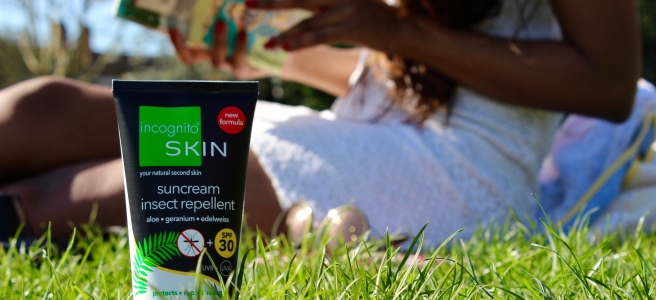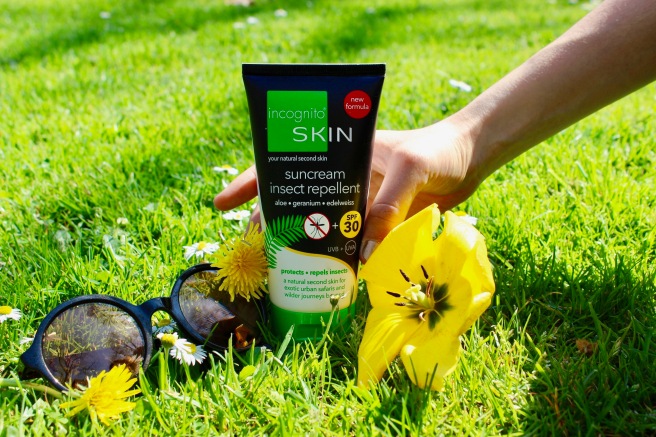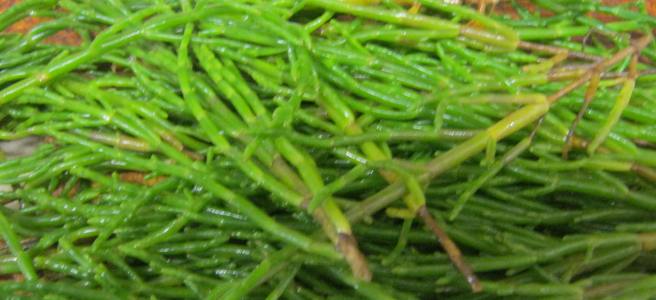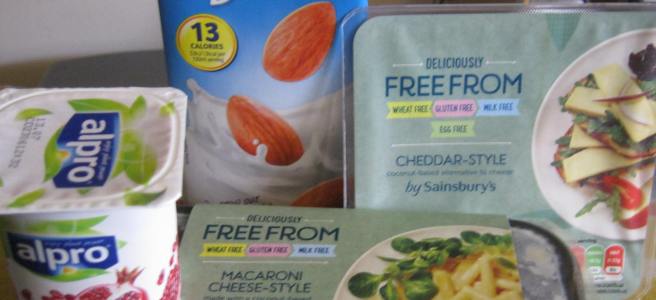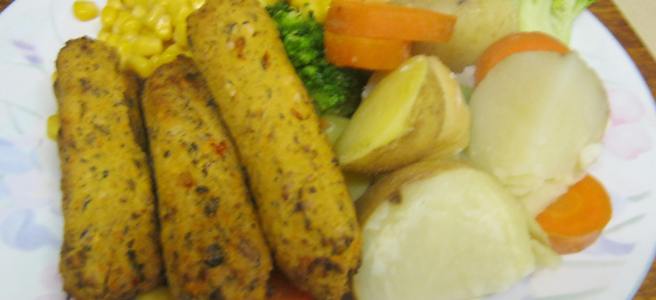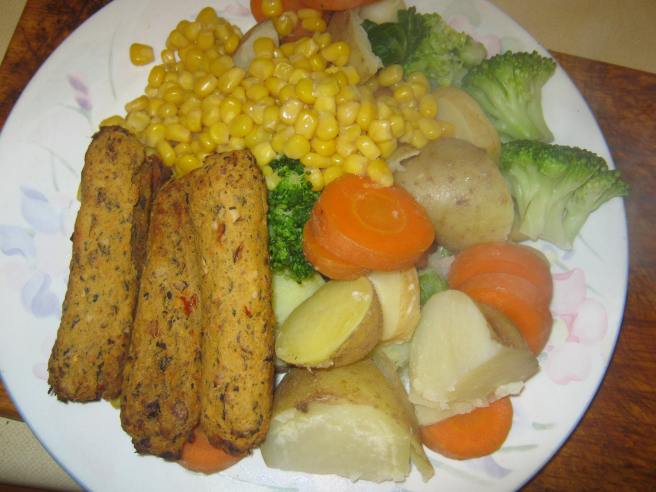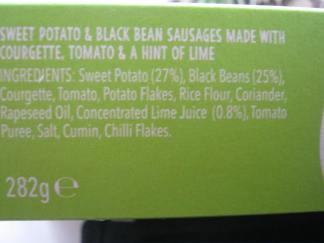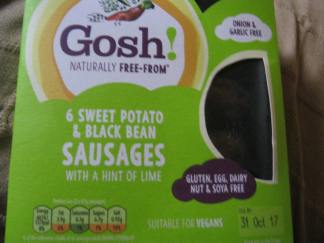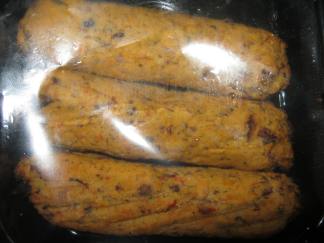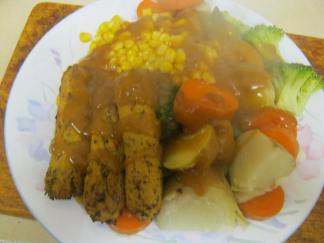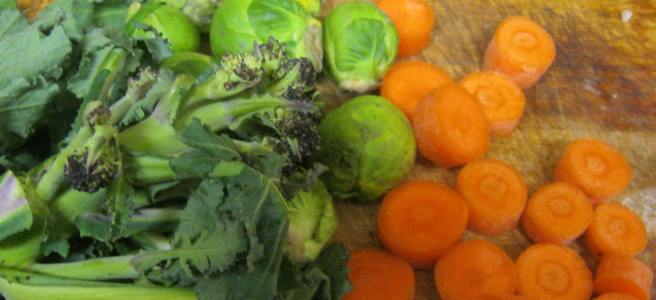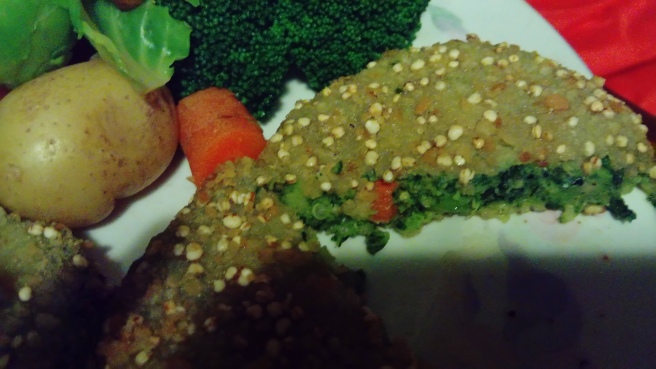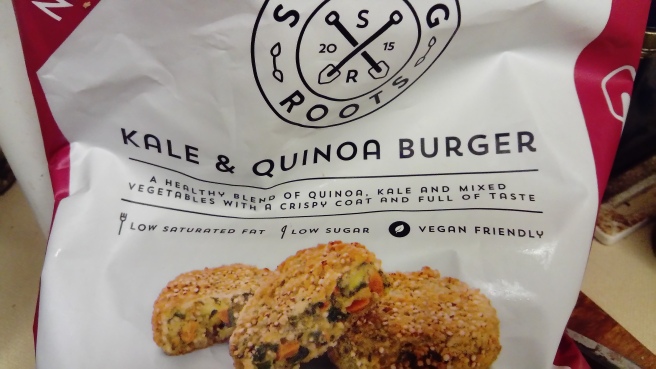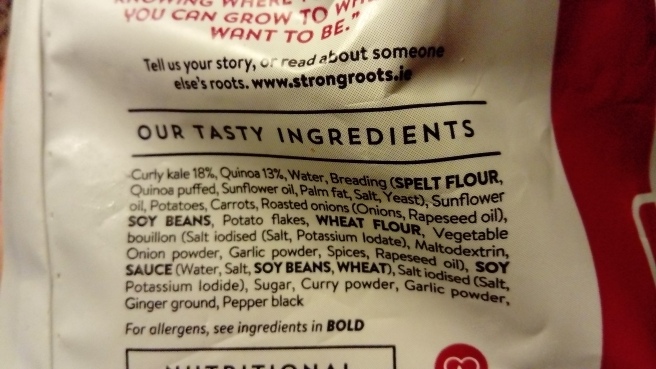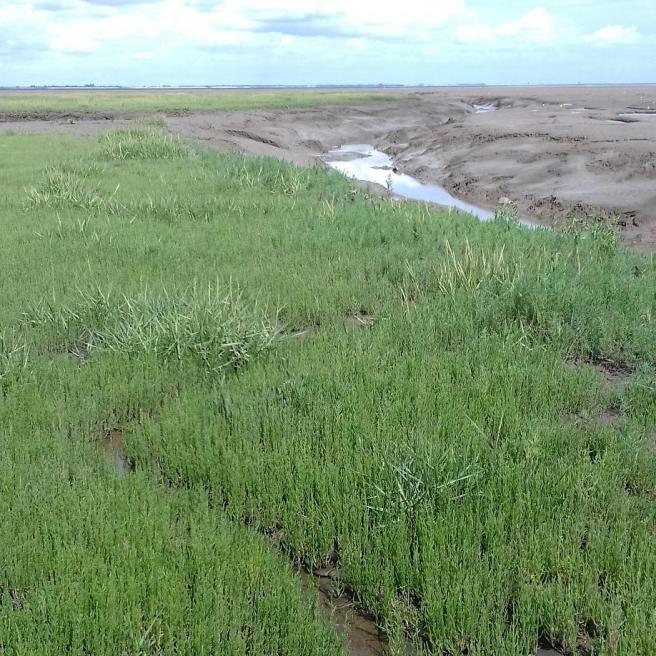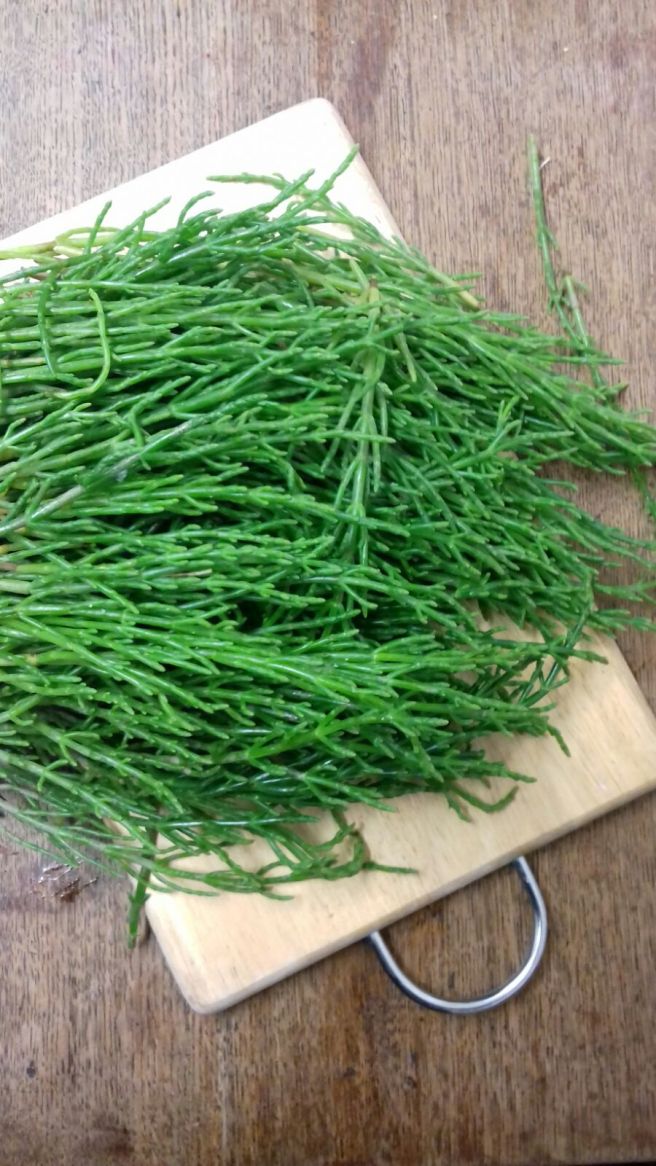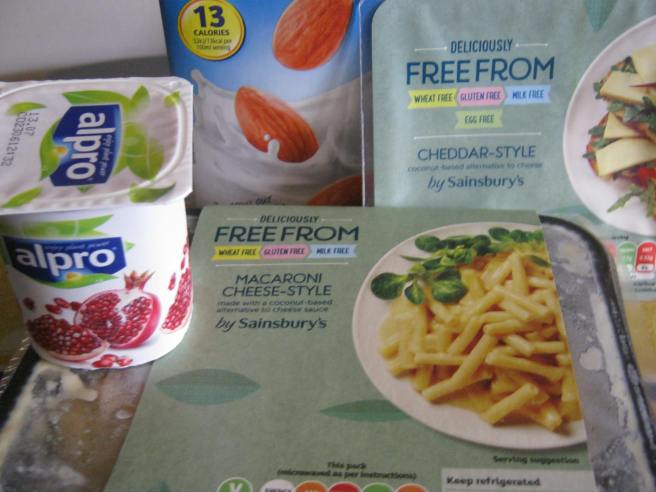Much has been made by an EU plan to stop veggie and vegan products being called after meat product shapes such as burgers, sausages and steaks.
According to the article, “The protected designations would include steak, sausage, escalope, burger and hamburger, under a revised regulation that passed with an 80% approval.” Article at https://metro.co.uk/2019/04/04/vegetarian-food-banned-called-burgers-sausages-bacon-9114570/?fbclid=IwAR2tb7_mbRZBS_rdZJgrRG7oDwLSz2W51biCLrC3QMUrRQMmjM-sT39LNco
There have been a few attempts to do this, most notably in France in 2018: https://www.standard.co.uk/news/world/france-bans-meat-and-dairy-related-words-from-vegetarian-and-vegan-food-packets-a3822831.html
It is a French MEP who has bought the latest proposal before the European Parliament – it will be voted on after the European elections.
The UK dairy industry threatened to take legal action when vegan cheesemonger La Fauxmangerie opened in London – https://www.independent.co.uk/life-style/vegan-cheese-plant-based-dairy-eu-laws-cheesemonger-a8775001.html
A whole industry taking on an independent trader seems a bit like overkill – but overkill is what the meat and dairy industries do best! It also stinks of desperation – are they scared that us snowflake vegans might hit their profits? I have blogged on this subject before – https://veganonadesertisland.com/2018/10/28/how-dare-you-call-a-vegan-burger-a-vegan-burger/comment-page-1/#comment-532 – so it is a bit of a shame that this issue is coming up yet again.
As I said last time, words such as sausages and burgers are the names of shapes, not foods. Are we also going to band fish steaks, lamb sausages or goat’s milk? No, that’s the right type of misnaming it seems!
There isn’t a vegan sausage or brand of soya milk on the planet that can be mistaken for a meat product on a supermarket shelf – that would defeat the object, so I really can’t see what all the fuss is about – people who love Quorn Sausages won’t suddenly say “I’m not going to buy them now they’re called Quorn Tubes because they don’t taste the same”. That would be ridiculous, but then politicians are pretty good at being ridiculous aren’t they?
So what can we call vegan sausages and burgers? Discs and Tubes sound a bit silly really – a Veggie Disc sounds like something you’d throw at the Evil Meatathron in an ‘80s video game. A Veggie Tube sounds like a streaming service for plant-based viewers.
Are Bangers OK? That’s just slang, right? Veggie bangers may sound like Moby’s best rave tunes or a Vegan porn channel, but it is one alternative. Plant Circles is another option – although that sounds like aliens have visited your nan’s begonias.
Instead of “steak” maybe we could have Vegan Bricks – or would the building industry be opposed to that? How about a vegan Loaf – I doubt bakers would take issue with that – they haven’t complained about meatloaf (the food, not the rock star – although I doubt they’ve complained about him either).
Some soya milk is already sold as Soya Drink, or Almond Drink, so the milk branding doesn’t seem to have made much difference. But I am a little stuck on an alternative name for cheese – Gary seemed to go down quite well – maybe we couple have a vegan cheese could – Gary and Georgie? Or we could just replace one letter – Vheese or Cheeve – plural Cheeves – that sounds a bit like a butler alternative though.
Will blatant truths such as No Meat be OK? I like the Iceland No Bull, No Moo etc range, maybe they can just remove words like “burger” from their packaging as their brands are strong enough to stand up on their own? You can see from the picture on the packet that it’s a burger shape.
Are musicians going to complain about chicken drumsticks? Can you see how ridiculous the whole argument is yet?
But post-UK in the EU will this matter? Who knows? Many vegan products are made abroad and, as seen with the cheese war, the UK meat and dairy industries are already pushing for such measures, so an EU implementation may give them an excuse to wander off down a similar crooked path here.
It’s a distraction. It diverts attention from the real issue – the ethical reason for going vegan, the health reasons for going vegan and the fact that many people are moving away from meat and dairy and those industries don’t like that.


